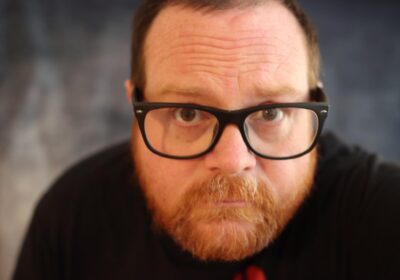What if it was you?
Rape. It’s an uncomfortable topic. It’s something that everyone knows is happening, but it’s also something most people choose not to talk about.
It happens every day. Men, women and children are raped, and often, the people stripping others of innocence walk away free.
Why?
Because once it’s over, it’s the victim’s word against the offender’s.
For some reason, people tend to believe the accused – so much so that victims are afraid to come forward. They’re afraid of being questioned about what they were wearing, why they were out alone or whether they were drinking.
This needs to change.
In recent news, pop singer Kesha’s case has been brought to light. She is in a contract with a producer named Dr. Luke, who she says sexually assaulted her.
Obviously, this caused her to not want to work with him. After two years of battling and not recording any music, she finally went to court to get out of her contract.
She didn’t even ask for him to get in trouble. She just wanted to record music somewhere else.
She was declined her request.
According to the ruling, she was not allowed out of her contract. She doesn’t have to record new music with Dr. Luke, she just can’t record anywhere else.
Kesha’s case is so popular because she is a high-profile victim. But what about the people who aren’t in the limelight? Things like this happen.
Every.
Single.
Day.
According to Dr. Sharon Galor, a psychologist in Holland, victims tend to blame themselves because of the basic human need to feel in control. People need to feel like they could have done something to prevent it in order to feel like it won’t happen again.
People questioning them does not help on the road to full acceptance of the fact that they did nothing wrong.
Since Kesha’s case, many celebrities have come out in her defense. Demi Lovato was quoted saying, “Our focus should be on the topic of victims of sexual and physical abuse being afraid to come forward with their stories. They’re more likely to face retaliation and harassment than to see justice being served.”
So basically, we live in a society where people who are drugged, beaten and left to deal with something traumatic for the rest of their lives are questioned and accused.
What if it was your daughter, sister or best friend?
What if it was you?






